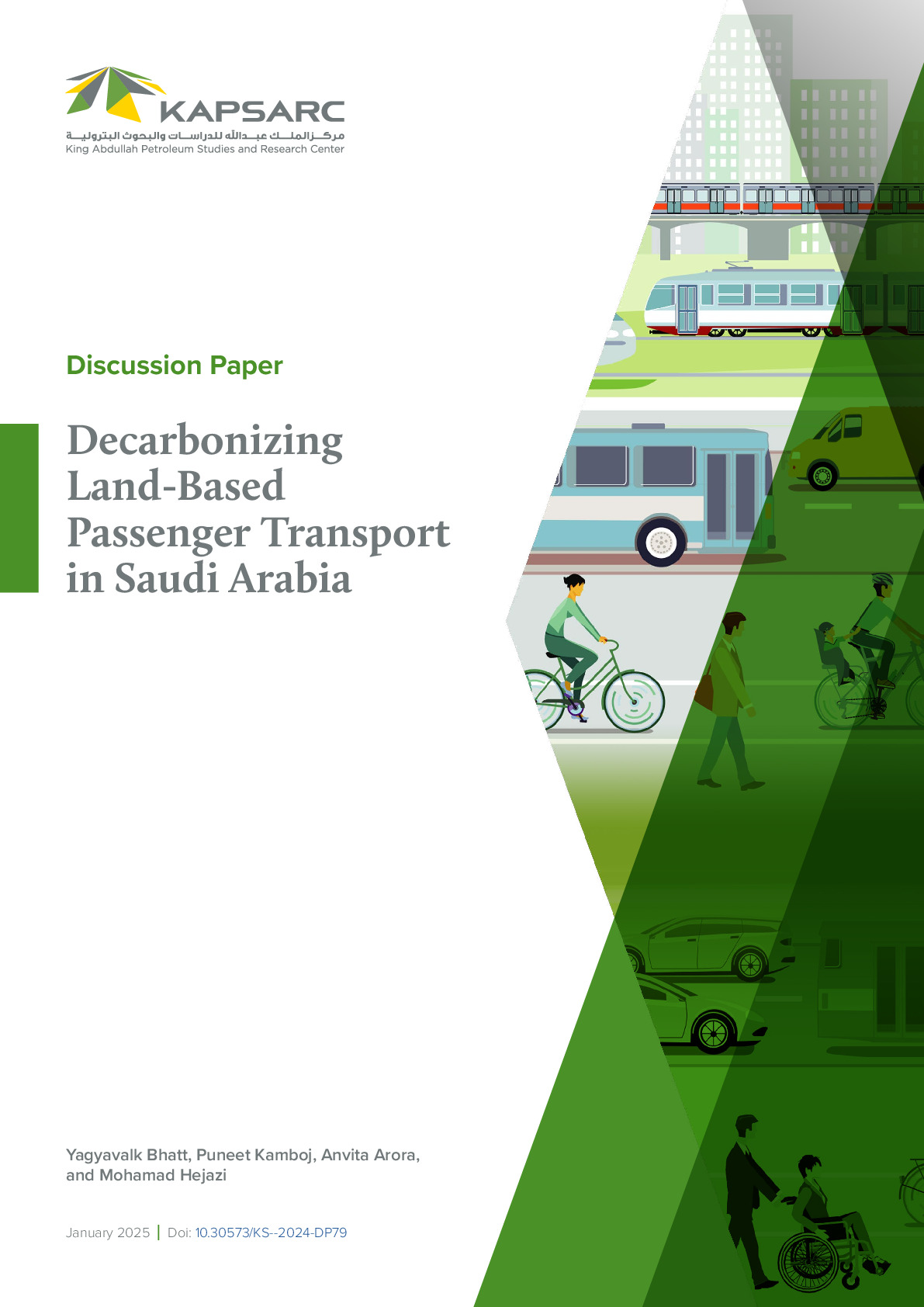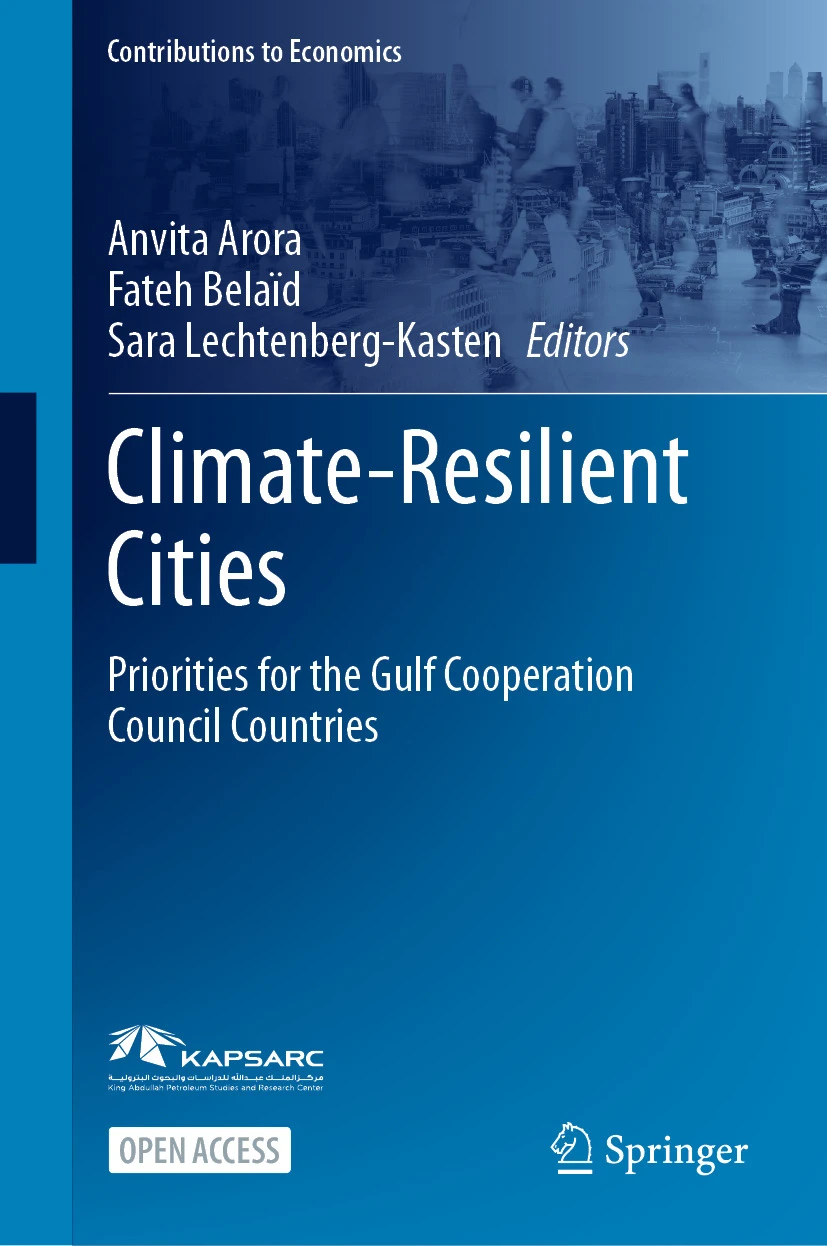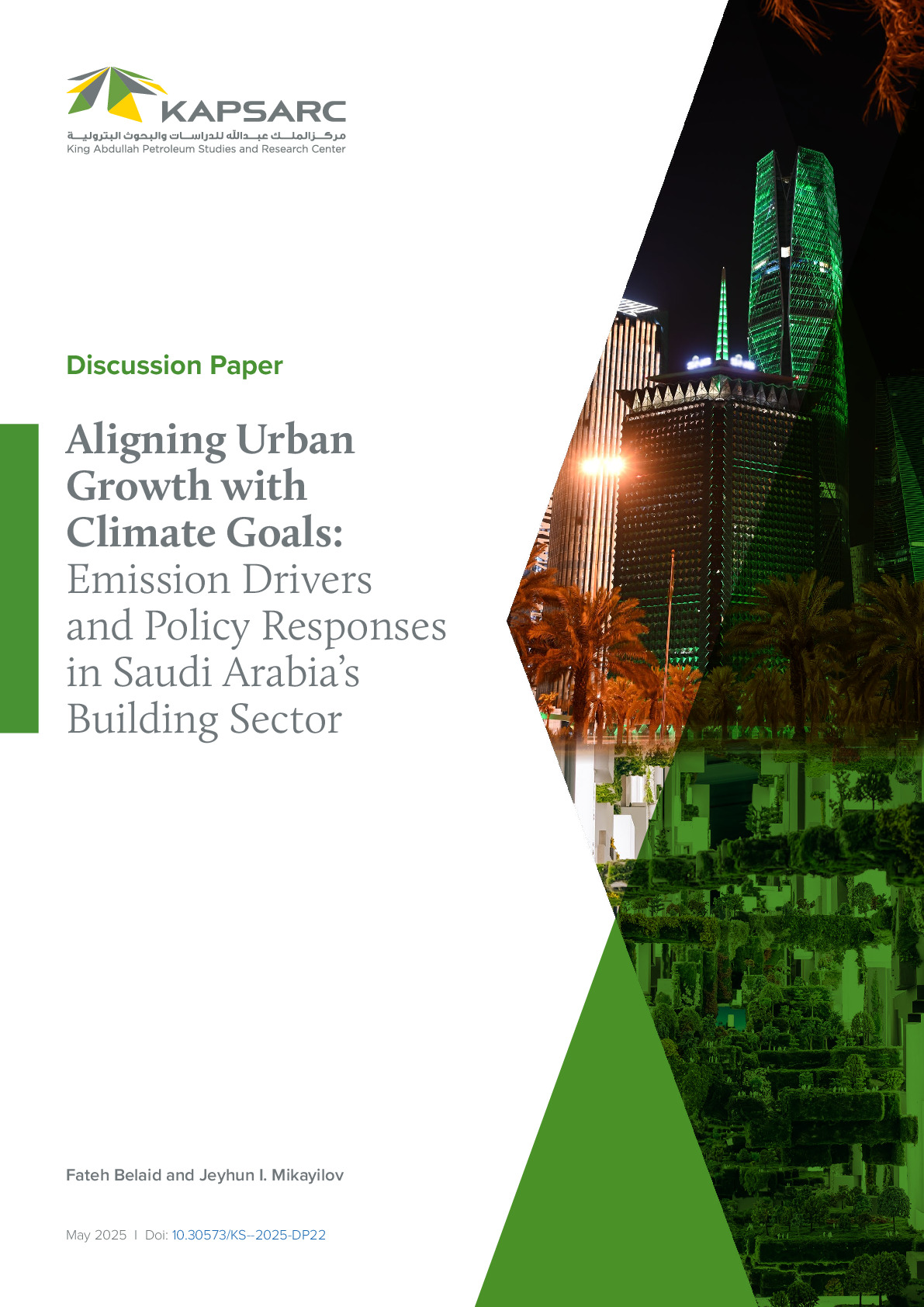This edited volume discusses the concept of resilient cities within the Gulf Cooperation Council (GCC) region. Written by an international panel of scholars and experts, the book presents theoretical approaches, identifies risk factors, and suggests policies for building resiliency in a region of the world undergoing rapid urbanization. Chapters cover a diverse range of topics, including innovative concepts and studies in resilient city design, the interaction of social, entrepreneurial, governmental, and ecological transformations in the GCC region, and international best practices for risk reduction. Coupling rigorous economic analysis and practical policy implications, this book will be useful for students and academics of finance, governance, energy and resource economics, and climate change, as well as policymakers, community leaders, and risk reduction professionals.
Table of contents (17 chapters)
- Front Matter Pages i-x
- Advancing Cities’ Resilience: A Comprehensive Review and Mapping of Research Pages 1-15
- Building Resilient Cities with Integrated Resiliency Analyses Pages 17-43
- Resilient Systems
- Front Matter Pages 45-45
- Heat Resilience: A Matter of Both Adaptation and Mitigation for the GCC Pages 47-61
- Resilient Urban Transport Systems: The Role of Transit-Oriented Development in the GCC Cities Pages 63-88
- Water-Resilient Cities: GCC Strategies and Policy Recommendations Pages 89-102
- Climate-Resilient Cities—Priorities for the GCC Countries Resilient Power Systems Pages 103-123
- Proactive Distributed Renewable Energy Resources (DRER) for Powering Tomorrow Pages 125-145
- Digital Resilience in Smart Cities: A Dynamic Capability Approach Pages 147-157
- Weaving Resilience: The Enduring Threads of GCC Communities Pages 159-204
- Fostering Social Cohesion in Multicultural Societies of the Gulf Cooperation Council Pages 205-217
- Globalization, Climate Change, and Compound Health Risks in the Era of COVID-19 Pandemic: The Case of the GCC Pages 219-234
- Grey Carbon—A New Nature-Positive Carbon Removal Technology for the Built World Pages 235-254
- Special Zones
- Front Matter Pages 255-255
- Resilience of Small Islands: Unveiling Nature-Based Solutions for Sustainable Futures Pages 257-280
- Taking off and Navigating Disruptive and Climate Challenges for Building Resilience in Air Transport Infrastructure Pages 281-313
- A Review Approach to Understanding the Current Status of Port Resilience: Lessons Learned for GCC Ports Pages 315-340
- Riyadh’s Urban Greenwave: Fostering City Resilience Through Large-Scale Greening Pages 341-353
- Resilience in Practice: The Identity-Based Resilience of the Diplomatic Quarter in Riyadh Pages 355-368






